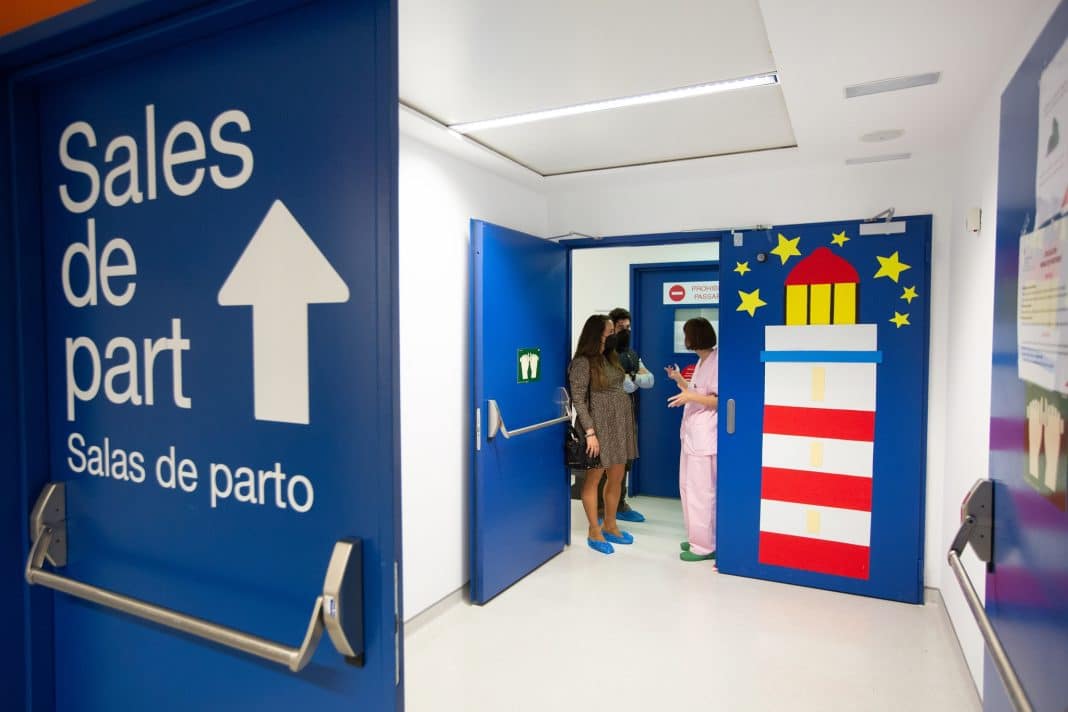Since the start of the pandemic, 300 women in Ibiza and Formentera have been infected with coronavirus during pregnancy. One hundred of them have passed the covid in the current wave, which doctors have begun to refer to as the “omicron wave,” a level that corresponds to the general population’s infection rate in recent weeks.
The Hospital Can Misses’ service of Gynecology and Obstetrics in Ibiza cautions that barely half of the pregnant women under control at this moment have been vaccinated against the coronavirus. Raquel Gascón, a gynaecologist, adds that the low number of pregnant women who followed the entire recommendation is due to “still anxiety and concern” among women about whether the vaccine could harm the baby’s health “with such a new vaccine.”
“It is critical that they are immunised. It is critical that they obtain the third dose,” says the specialist, who adds that the vaccine’s immunity “decreases after five or six months.” Furthermore, pregnant women are among the most vulnerable people. “There is a higher risk of complications, compared to other women of the same age who are not pregnant, if they have to be admitted to the ICU and are given mechanical ventilation,” says the gynaecologist, who insists that the covid vaccine is “totally compatible” with others that can be given during the gestation period.
They can both be administered at the same time, with no time limit between them. “Women should trust the research behind this vaccine in the same way they do with folic acid. There is no risk to their or their baby’s health. On the contrary,” continues the gynaecologist, “the risk of vertical transmission of covid, that is, from an infected mother to her newborn, to whom the test is given, is very low, barely 2%.”
Wednesday, July 2, 2025
26.1
C
Ibiza Town
Magazines
Radio & TV
Newspapers
Diari de Girona
Diario de Córdoba
Diario de Ibiza
Diario de Mallorca
El Día
El Periódico
El Periódico de Aragón
El Periódico Extremadura
El Periódico Mediterráneo
Empordà
Faro de Vigo
Diario Información
The Adelaide Review
La Crónica de Badajoz
La Nueva España
La Opinión A Coruña
La Opinión de Málaga
La Opinión de Murcia
La Opinión de Zamora
La Provincia
Levante – EMV
Mallorca Zeitung
Regió7
Sport
SuperDeporte

